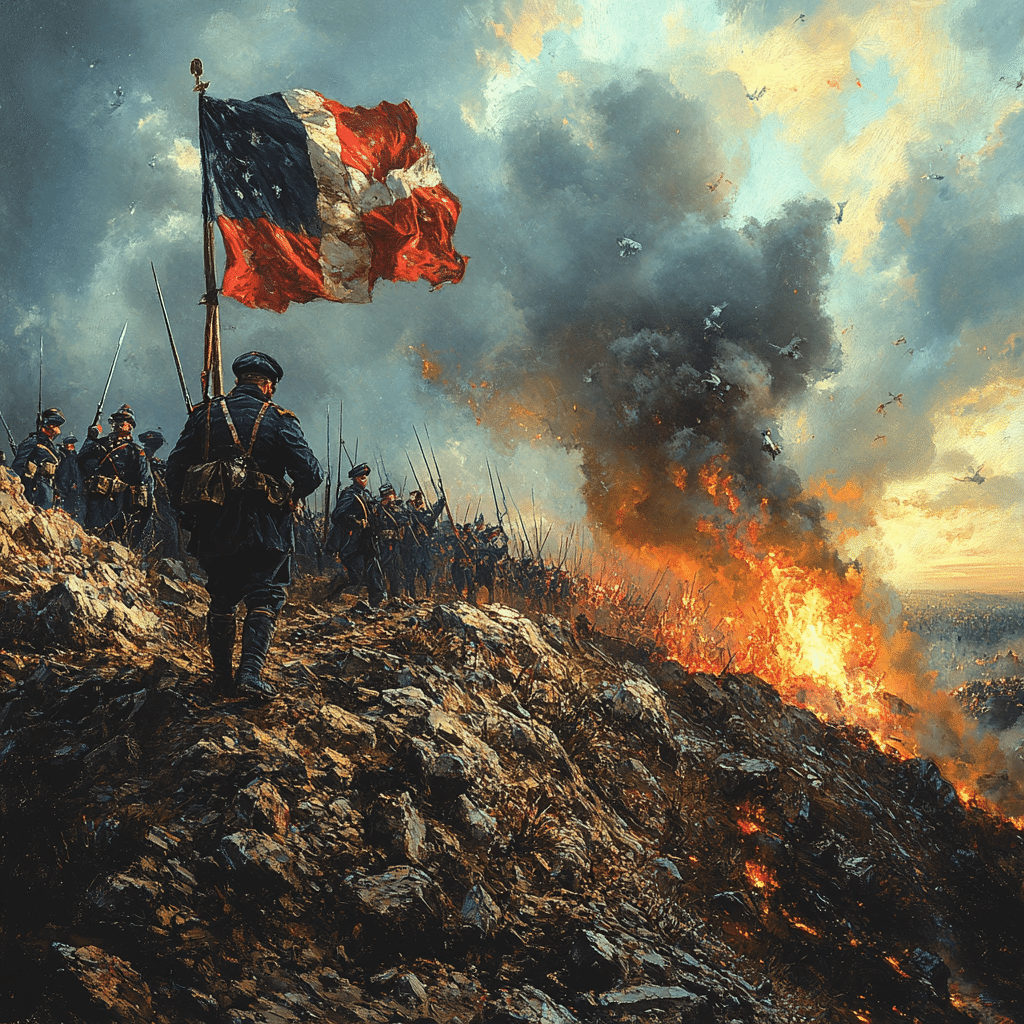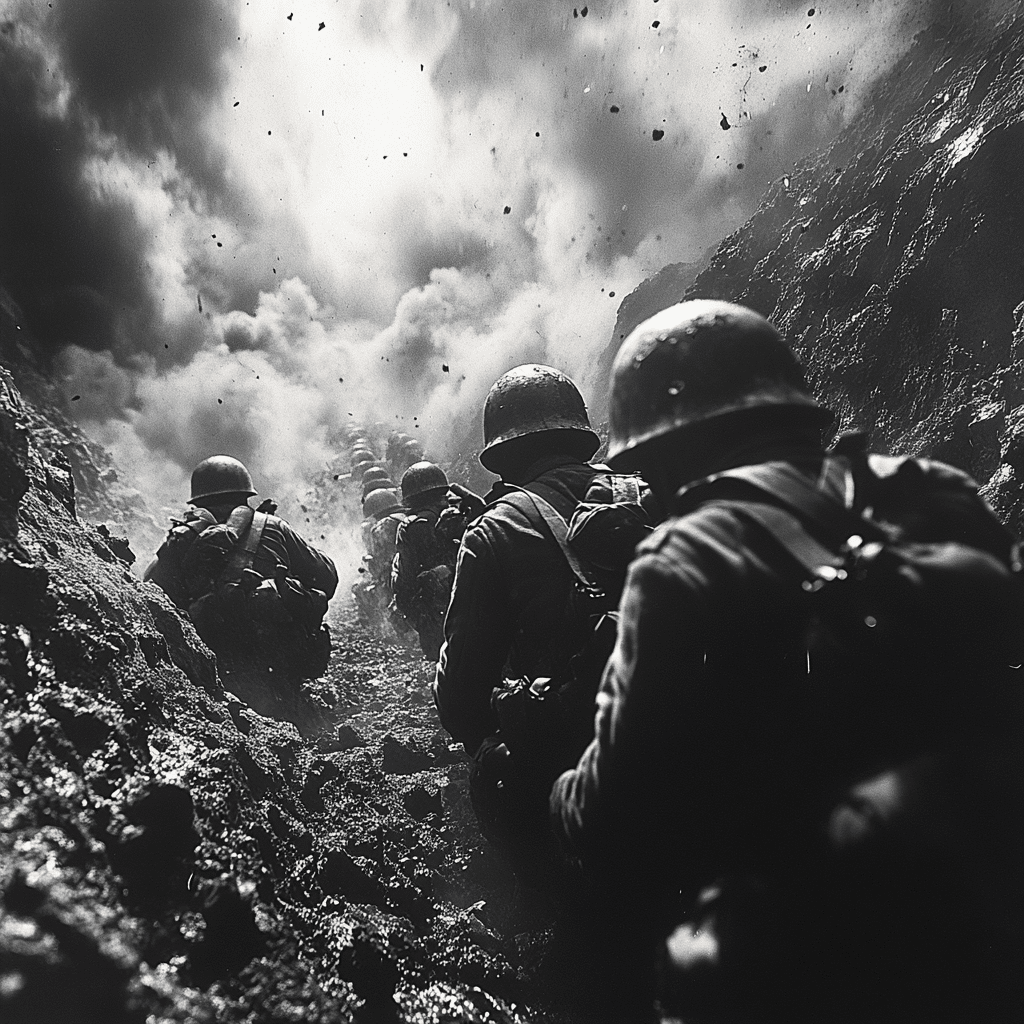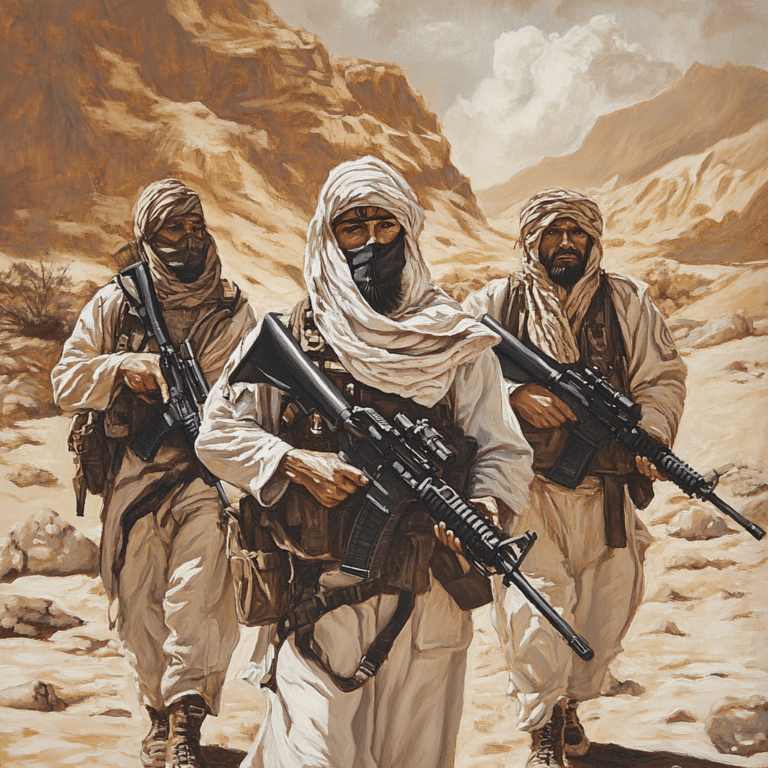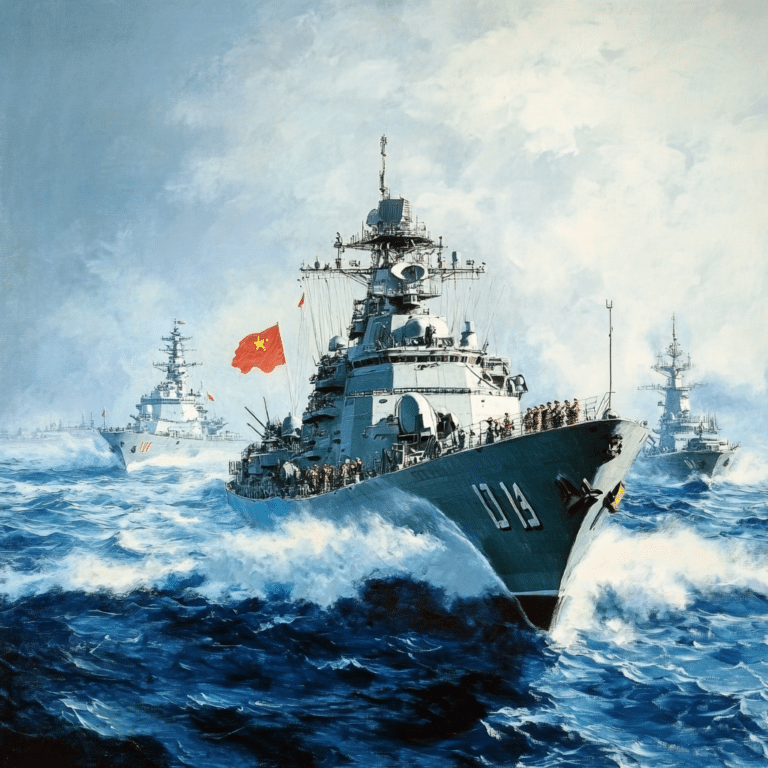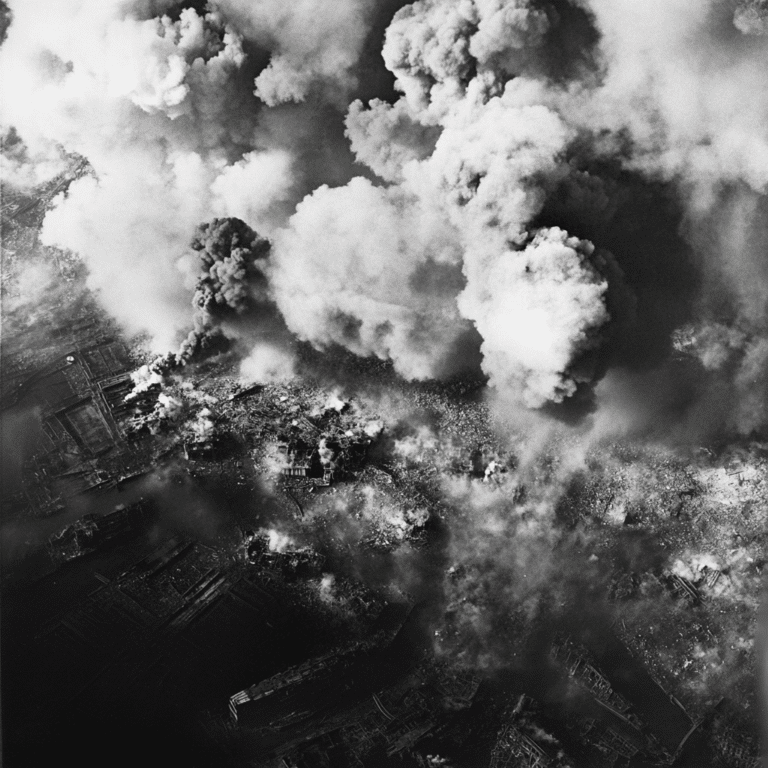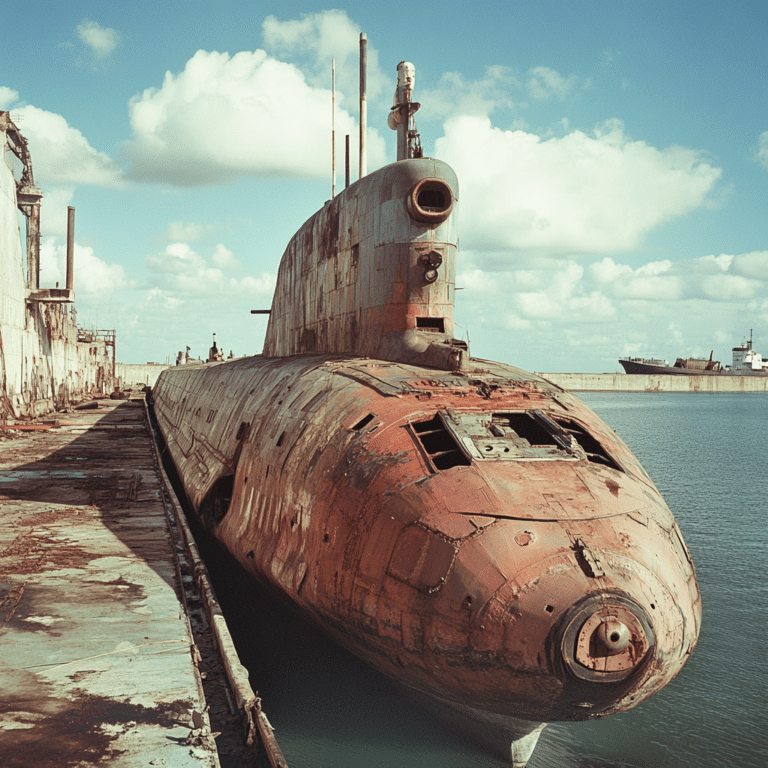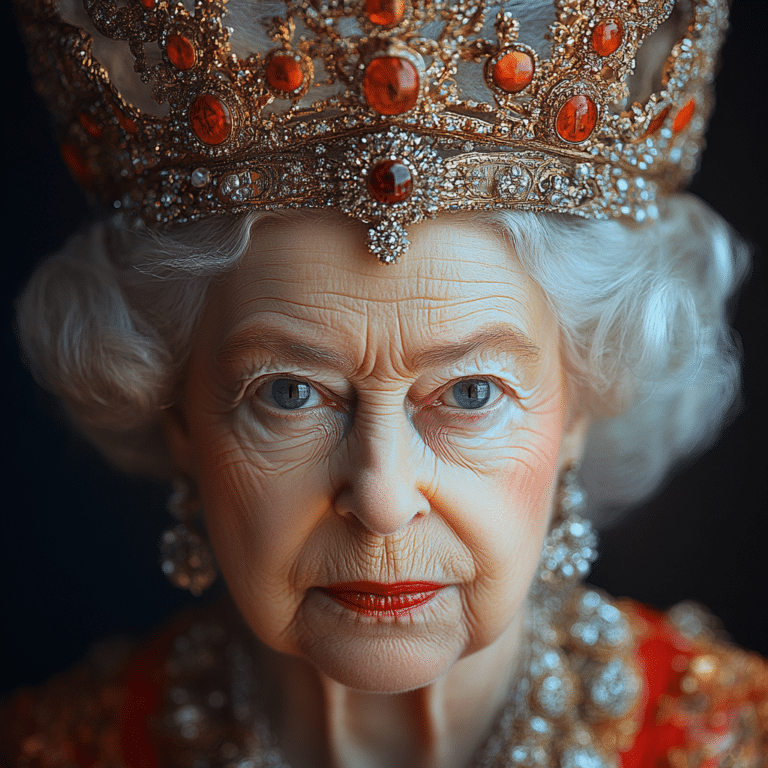Understanding the Battle of Verdun: A Historic Overview
The Battle of Verdun, fought from February 21 to December 18, 1916, represents one of the most harrowing episodes of World War I. This confrontation wasn’t just about land; it epitomized the sheer will, persistence, and sacrifices of a nation determined to stand tall against relentless adversity. The Germans sought to crush France’s spirit by isolating Verdun, hoping that the loss of this historic city would mark the end of French resolve.
In today’s world, where ideological battles consume our political landscape, Verdun serves as a poignant reminder of human endurance and resilience. The trench warfare tactics used, marked by a staggering loss of life and slow, brutal progress, underscore the value of strategic planning and the sacrifices made for national pride. Understanding Verdun’s legacy is essential for maintaining our military’s readiness and commitment to preserving our national values.
When we revisit the Battle of Verdun, we tap into the past’s profound lessons. This battle wasn’t just about tactics or strategy; it was about survival at a time when nationalism ran deep and military ambition clouded judgment. How we remember and interpret these events shapes the narratives we uphold today, especially in discussions about military engagements and national defense.
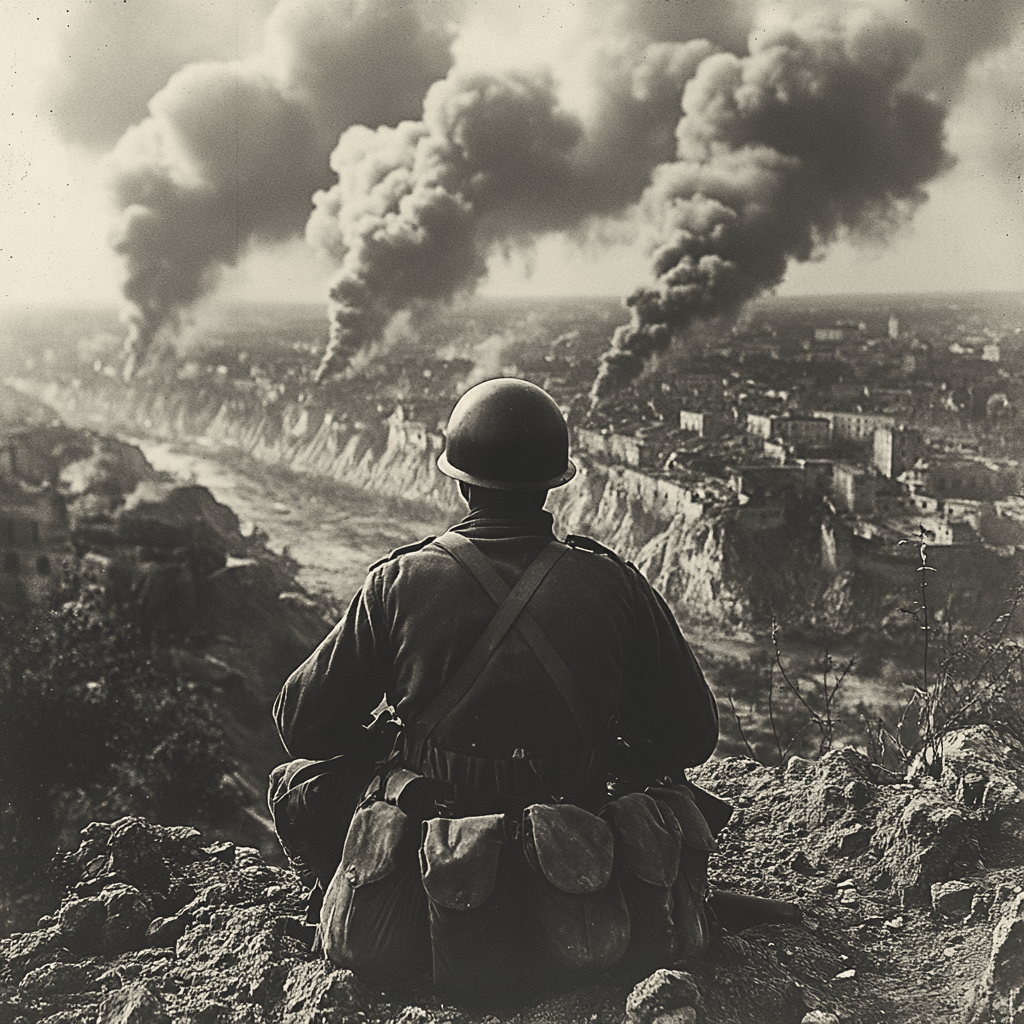
7 Key Factors That Defined the Battle of Verdun
The Legacy of the Battle of Verdun in Modern Warfare
Examining the Battle of Verdun in military academies today provides crucial insights into the significance of morale, endurance, and tactical evolution. The lessons from Verdun resonate in modern military strategy, illustrating how engagements shape national narratives and public consciousness.
Strategic planners can look to the battle for lessons on how human resolve can withstand adversity; it underscores the importance of maintaining troop morale and the fighting spirit. The evolving nature of warfare, rooted in the experiences of Verdun, remains applicable as we face modern challenges.
As we navigate international relations today, acknowledging the ramifications of past conflicts can inform our responses to far-reaching engagements. The legacy of Verdun urges us to pursue diplomatic resolutions while respecting the sacrifices of those who came before us.
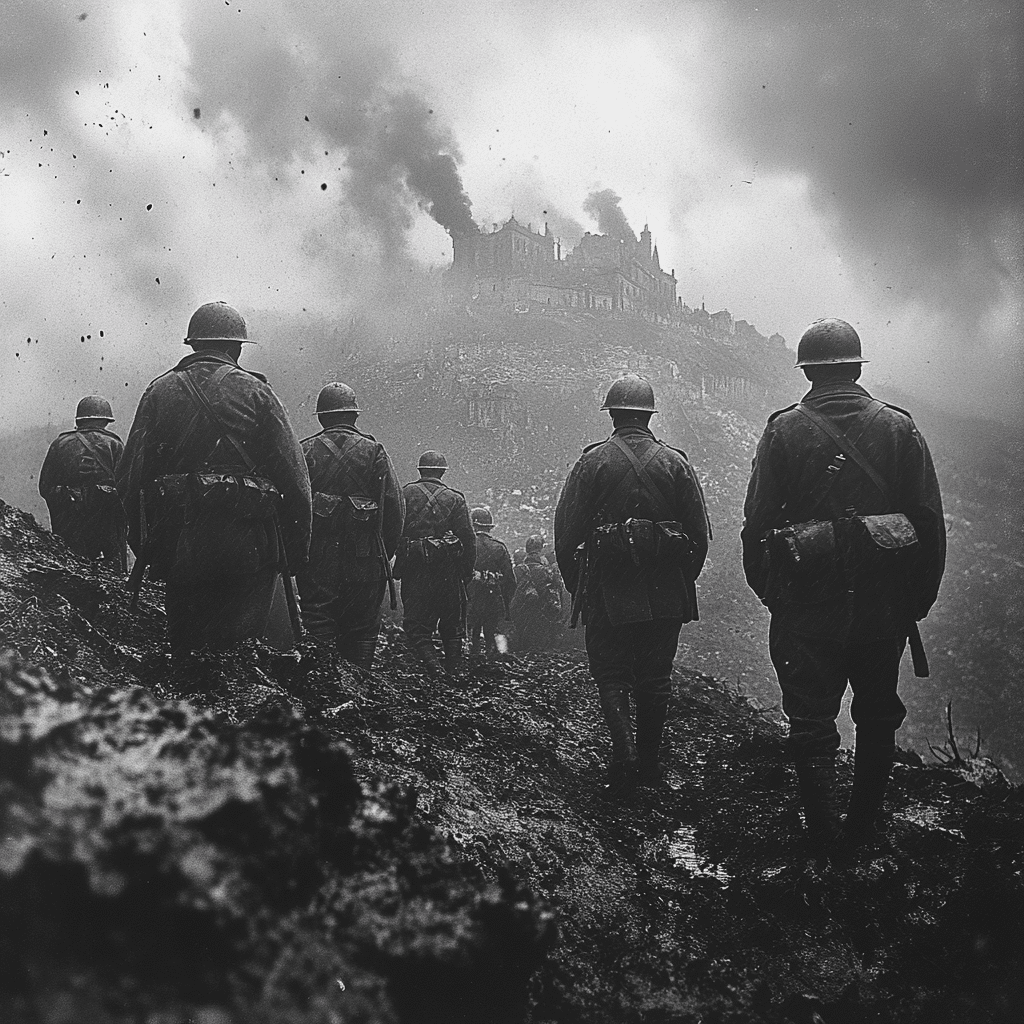
Comparisons: The Battle of Verdun and Contemporary Conflicts
Parallels between the Battle of Verdun and contemporary conflicts like Iraq and Afghanistan manifest compelling patterns of persistence and strategy. Both contexts reveal the human cost of warfare and highlight the enduring ideals of national pride and resilience.
Modern conflicts often echo the attritional strategies seen in Verdun, where sustained engagements impact not just military outcomes but also public sentiment. As national narratives pivot around freedom and democracy, we are reminded of Verdun’s symbolic importance in sustaining morale.
Understanding how the psychological experiences of soldiers during the Battle of Verdun mirror those faced in today’s battles underscores the ongoing need for public support and understanding for our troops, ensuring they are recognized for their vital service.
Revisiting Verdun: Historical Significance and Modern Reflections
The significance of the Battle of Verdun extends beyond mere military history; it embodies the human experience of war. The resolve demonstrated by soldiers amidst unimaginable conditions reflects not only their sacrifices but also our ongoing responsibility to navigate current conflicts with wisdom and compassion.
Approaching our military strategy today, historians urge a reflection on these grueling experiences, prompting us to seek peaceful resolutions. Every soldier lost in Verdun invites us to ponder how history shapes our responses to contemporary conflicts.
As we remember the Battle of Verdun, we engage not just with the past, but as active citizens responsible for steering our nation’s future. The horrors faced in Verdun compel us to reflect on how to avoid repeating the cycles of history, reminding us that lasting peace starts with understanding and dialogue.
In conclusion, as we reflect on the monumental sacrifices made at Verdun, we are challenged not only to remember but also to act responsibly in our civic duties. Whether addressing the current political landscape, the ramifications of who Was The shooter at The Trump rally, or the unfolding narratives in our nation’s history, the lessons learned are clear: a deeper understanding of our past fortifies our resolve for a peaceful future.
Battle of Verdun: The Epic Struggle for Survival
A Little Background
The battle of Verdun, which kicked off in February 1916, became one of the most grueling confrontations of World War I. Lasting nearly a year, it resulted in about 700,000 casualties. The city’s name became synonymous with endurance and sacrifice, a reminder of what soldiers had to go through. Fun fact: Verdun is often compared to the legendary resilience displayed by sports teams, like the Alabama Crimson tide, whose tenacity is famed in college football lore. Just as in Verdun, the stakes were high, and the price of victory was steep.
Facts About the Battle
Did you know that the French adopted the motto “They shall not pass” during the battle of Verdun? This phrase resonated with the soldiers, emphasizing their determination not to let the Germans overrun their territory. Much like how a strong radio station’s signal can bring a community together, the resolve of Verdun became a rallying cry for the French people. The tenacity displayed there resonates with many today, especially in places like the vibrant Fulton Market in Chicago, where resilience is a part of the culture.
Casualties and Impact
The staggering number of casualties, roughly equal to the population of major cities, reflects the brutal nature of the battle of Verdun. It was a war where every inch mattered, similar to how sports teams fight for every point, just like the Toronto Blue jays do each season. These soldiers showed sheer willpower; mirroring a famous TV past-time, can you picture them unwinding after the battles by watching “Friends”? Just as fans are eager to find out where to watch their favorite episodes today, these brave men found their own ways to cope amid the horrors of war. The battle of Verdun stands not only as a clash of arms but as a testament to human resilience when faced with life’s most trying circumstances.
